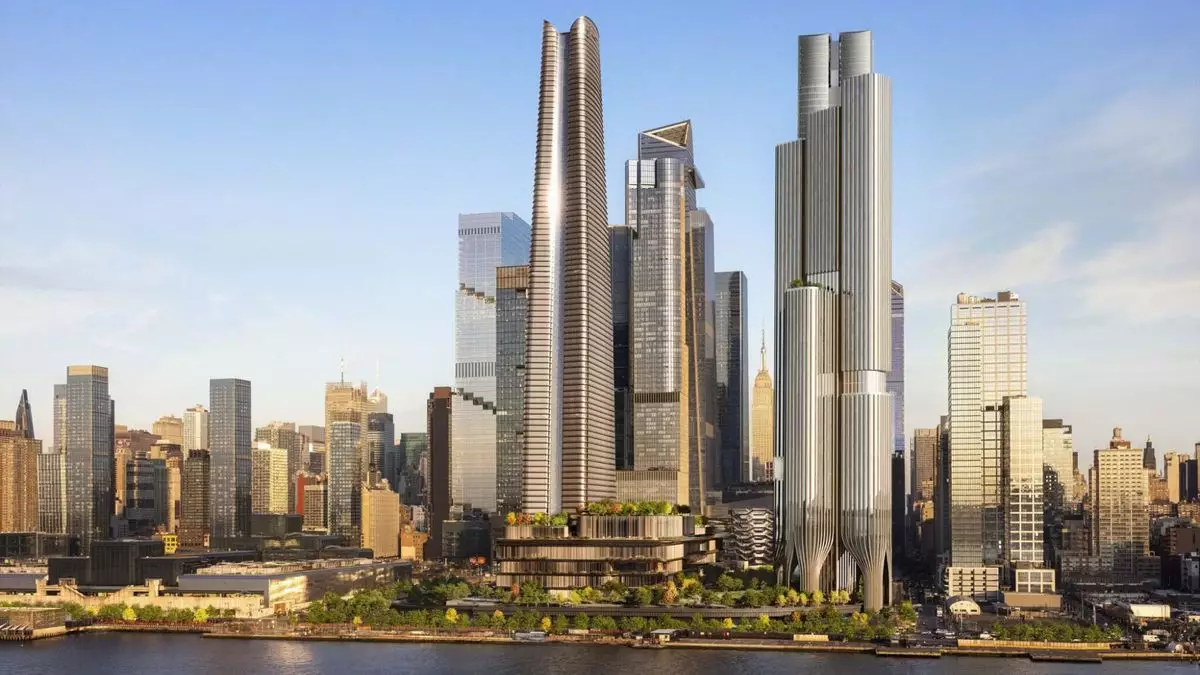In a striking victory for local communities, Wynn Resorts and Related Companies have officially abandoned their ambitious $12 billion proposal to establish a sprawling casino and entertainment complex in New York City’s Hudson Yards. This decision, made in response to significant opposition from local leaders and neighborhood organizations, highlights a growing trend of residents reclaiming their voices against corporate giants aiming to impose their visions on urban landscapes.
Councilman Eric Bottcher, representing the Hudson Yards region, led the charge against the casino, emphasizing that its potential negative impacts would outweigh any perceived economic benefits. Together with local advocacy groups such as Friends of the High Line and Manhattan Community Board 4, Bottcher’s stance encapsulates a broader movement where urban development is increasingly scrutinized through the lens of community sustainability and quality of life. This is not just about a single project; it represents a cultural shift in urban governance where corporate interests are being challenged at every level.
Investment in Community Over Casino Gimmicks
In a recent statement, Wynn Resorts acknowledged the futility of pursuing a gaming license in a hostile environment: „The recent rezoning process has made it clear to us that there are uses for our capital more accretive to our shareholders.“ This admission reflects a commendable pivot toward prioritizing existing developmental projects and stock buybacks, rather than engaging in a protracted battle against the very people they aim to serve. By scaling back on their casino plans, the company underscores that economic progress should not come at the expense of community well-being.
As they step back, Related Companies has signaled a shift in focus towards creating affordable housing units, a move that addresses one of the most pressing issues facing New Yorkers today. The decision to invest in affordable living spaces rather than a luxury casino symbolizes a nuanced understanding of current urban challenges and resonates positively with residents who have long felt disenfranchised by high-stakes corporate developments.
A New Urban Paradigm
The fallout from this proposal highlights the essential role local organizations play in shaping urban policy. It is a wake-up call that reminds corporations and city officials alike that the fabric of New York City is woven from diverse voices, each deserving of respect and consideration. History has shown that unchecked development can lead to gentrification, loss of community, and social fragmentation. This instance serves as proof that when communities mobilize, they can significantly influence decision-making processes that impact their lives.
Additionally, it sets a precedent for future proposals, whereby developers may need to foster a more collaborative approach with local stakeholders to ensure their projects align with community values. The enduring sentiment that has emerged from this confrontation is one of empowerment—a belief that residents have the power to shape the future of their neighborhoods.
In this rapidly evolving landscape, the exit of Wynn Resorts signifies not just a temporary halt, but rather a call to action for contemporary urban developers. They must engage with local communities, listen to their concerns, and prioritize their needs over their corporate pursuits. This development could pave the way for more sustainable and equitable growth in the urban context, fostering an environment where both community and business interests can thrive in harmony.


Napsat komentář